Breast cancer screening is a crucial preventive measure that involves various tests to detect breast cancer at an early stage, even before symptoms appear. Preventative screenings allow for early detection, which significantly increases the chances of successful treatment. The Breast Center of New Jersey’s comprehensive breast cancer program focuses on breast screening and prevention, providing a continuum of services from genetic counseling and screening all the way to post-mastectomy support.
Breast Cancer Screening

Benefits of Breast Cancer Screening
Patients should consider getting breast screening to detect cancer early when it is most treatable. Early screening and detection save lives by catching breast cancer before any symptoms appear. Regular breast cancer screenings are recommended for routinely monitoring your breast health.
Benefits of breast cancer screenings:
- Detecting breast cancer at its most treatable stage
- Increased chances of successful treatment and survival
- Gaining peace of mind and staying proactive about breast health
- Access to comprehensive breast care services if further treatment is needed
- Identifying risk factors and receiving personalized prevention strategies
Are You a Candidate?
Breast cancer screening is generally recommended for women at average risk starting at age 40. However, those with higher risk factors may need to begin screening at an earlier age or get screened more frequently. Good candidates include women age 40 with no symptoms. Also, those with a family history of breast cancer, genetic mutations linked to breast cancer, or other risk factors like dense breast tissue.
Pregnant women are not typically recommended to get breast cancer screenings and should discuss the timing of mammograms with their doctor. Those who have recently undergone a mastectomy also typically do not need screening on the affected side, unless there is remaining breast tissue.
What to Expect
Before Your Screening
Prior to your breast cancer screening, you will be asked to undress from the waist up and put on a gown provided by the facility. It is best to avoid using any deodorants, powders, or lotions on the day of your appointment, as these products can interfere with the imaging. Once you are ready, the technologist will guide you through the next steps.
During Your Screening
For a screening mammogram, each of your breasts will be positioned on the mammogram machine one at a time. Another plate will then briefly compress your breast tissue to capture clear images from multiple angles. This compression only lasts for a few seconds per image but can cause temporary discomfort or pinching. The entire mammogram usually takes around 15-30 minutes.
If a biopsy is needed after an abnormality is detected, the procedure is similar but also involves numbing the area with local anesthesia before a small tissue sample is removed from the breast. Biopsies generally take 30-60 minutes.
After Your Screening
Following a screening mammogram, you may experience mild breast tenderness from the compression, but this should subside quickly. After a biopsy, you can expect some bruising, swelling, and soreness in the area for a day or two. Most patients are able to resume normal activities right away, but your technologist will provide specific aftercare instructions. Your doctor will send you your screening results within 1-2 weeks to discuss any findings and determine if follow-up is needed.
Recovery
For Screening Mammograms:
There is very minimal recovery needed after a standard screening mammogram. You may experience some temporary breast tenderness, bruising, or skin discomfort in the area that was compressed during the imaging. However, these effects are typically mild and should go away within a day or so. Most women are able to resume their normal daily activities immediately after a mammogram screening.
For Breast Biopsies:
The recovery process after a breast biopsy takes a bit more time. You can expect some bruising, swelling, and pain or discomfort in the breast area where the biopsy sample was taken. Over-the-counter pain medication can help relieve any discomfort. Your doctor will likely advise you to avoid strenuous activities for at least 24 hours after the procedure.
Some fluid or discharge from the biopsy site is normal initially. However, if bleeding or swelling increases instead of subsiding, be sure to contact your doctor. Most women are able to return to their typical routines within 1-2 days after a breast biopsy, as long as they avoid any heavy lifting or vigorous exercise for the first week. It is important to carefully follow your doctor's specific post-biopsy care instructions to reduce the risk of complications and optimize healing.
Contact Us Today
Related Videos
Frequently Asked Questions
At what age should you get your first mammogram?
How should I prepare for a mammogram?
How long does a mammogram take?
Are there any risks or side effects from mammograms?
Mammograms use very low levels of radiation, and the risk of potential harm from this radiation exposure is extremely low. The benefits of screening outweigh this minimal risk.
Can breast implants affect mammogram accuracy?
Yes, breast implants can make it slightly more difficult to visualize all breast tissue. Additional views may be required to evaluate implant-displaced breast tissue fully.
How often should I get screened if I have a family history of breast cancer?
For those with a first-degree relative diagnosed, annual screening mammograms are typically recommended beginning 10 years before the relative's age at diagnosis.
How often should you get a mammogram if there's no family history?
Will my health insurance cover breast cancer screening?
Are there any ways to reduce my risk of a false positive result?
Avoiding scheduling during the week before your period when breasts may be tender and denser can reduce false positives. Also, describe any hormone therapies prescribed to you.
What happens if an abnormality is found during screening?
If an abnormality is found, you may need further diagnostic testing, such as additional mammogram views or an ultrasound. Some cases require a biopsy to determine if cancer is present.
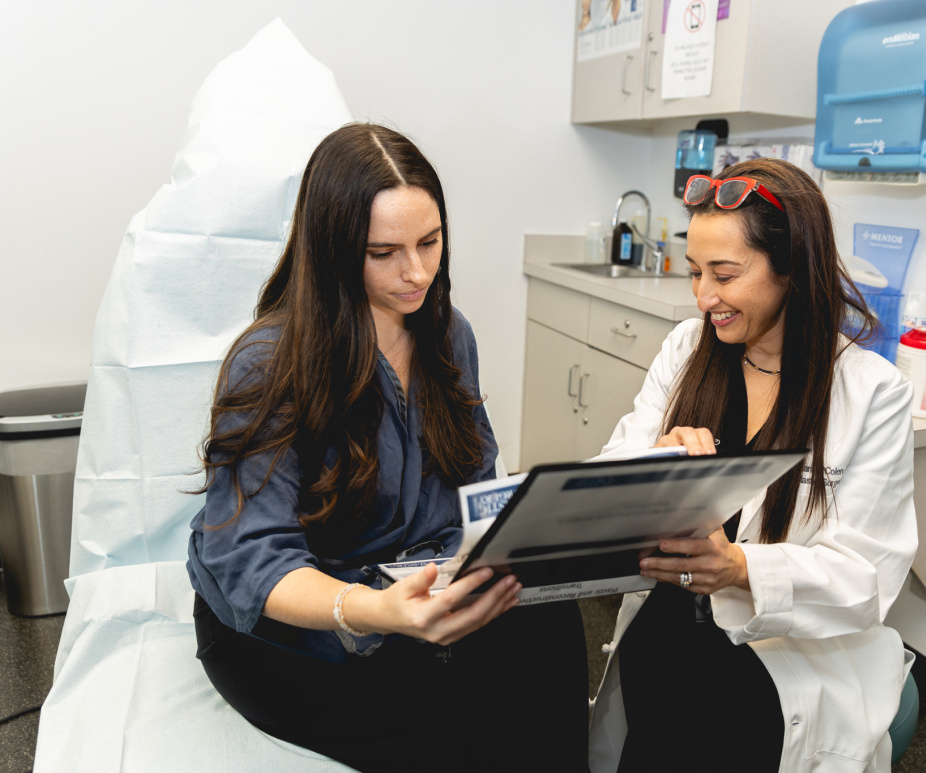
Take Charge of Your Breast Health Today
In partnership with The Institute, The Plastic Surgery Center, and Premier Surgical Network, we offer numerous treatment locations across New Jersey.

%201.svg)



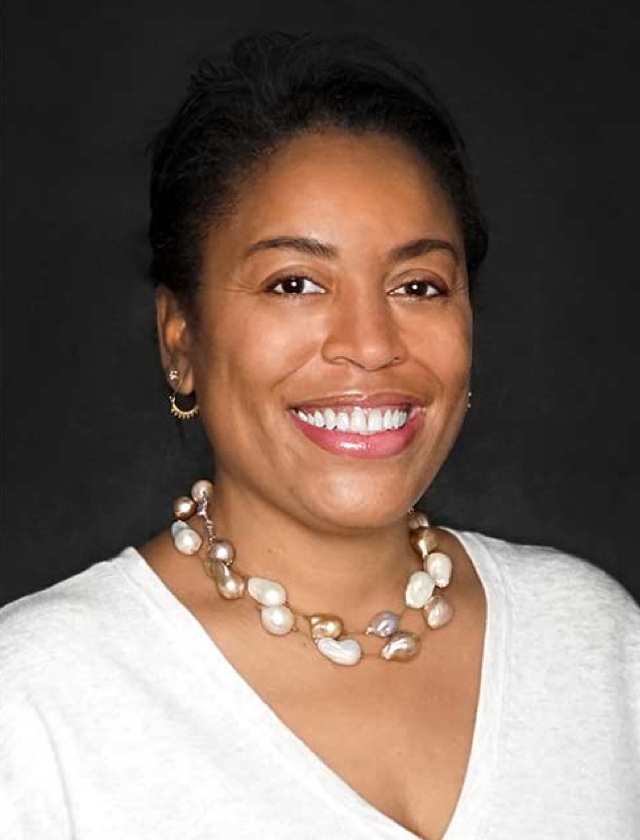


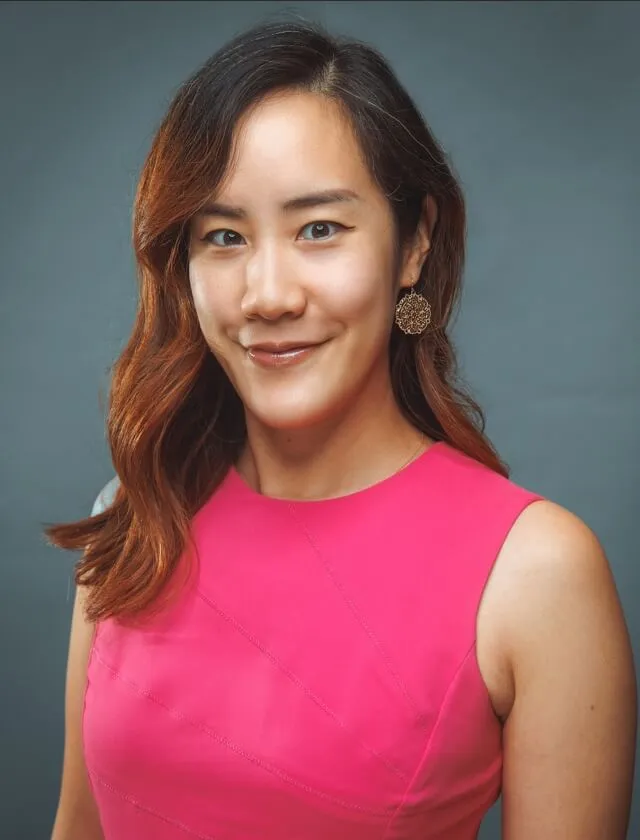
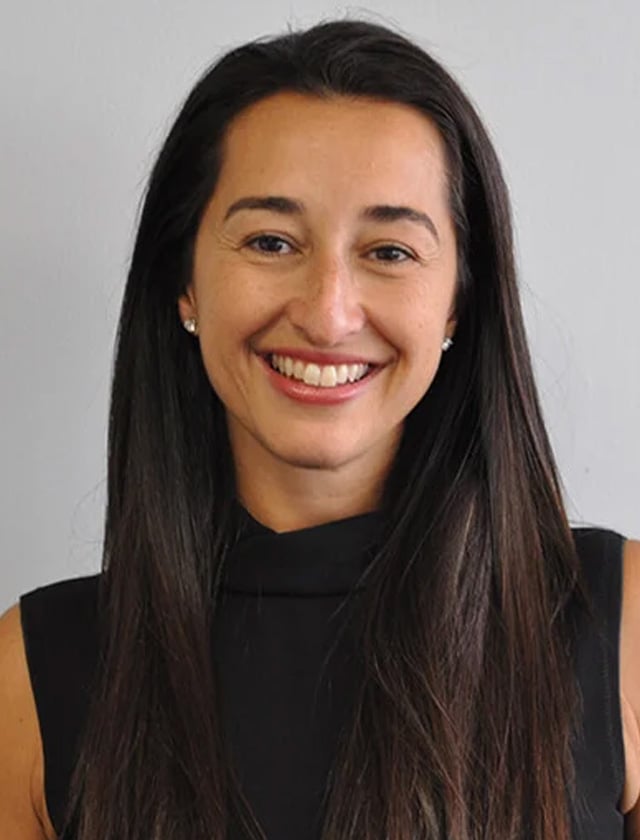
-min.png)
.webp)


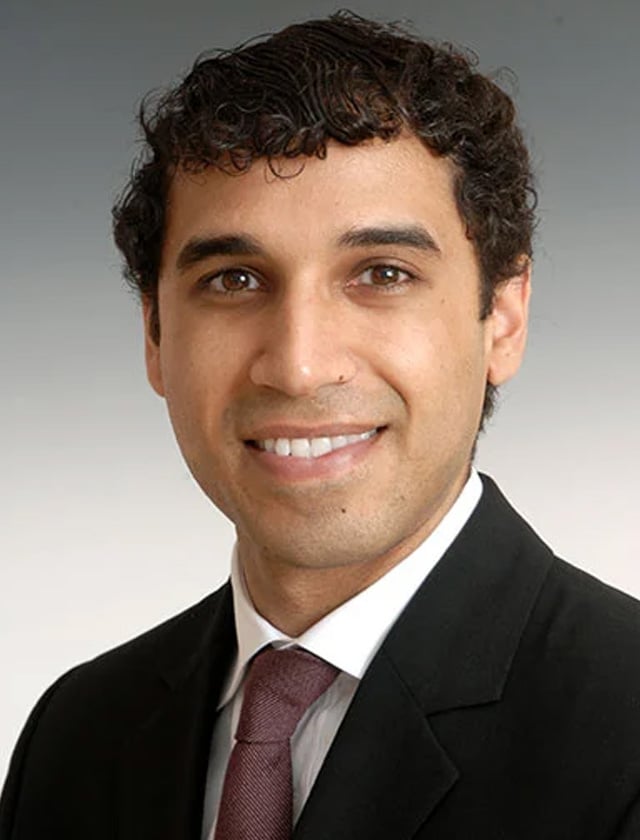


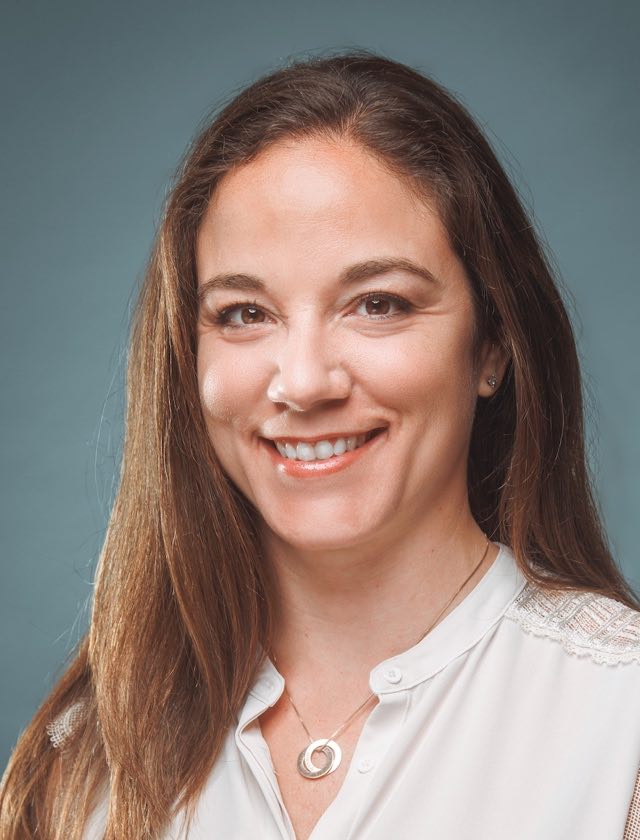

















-1.jpeg)

